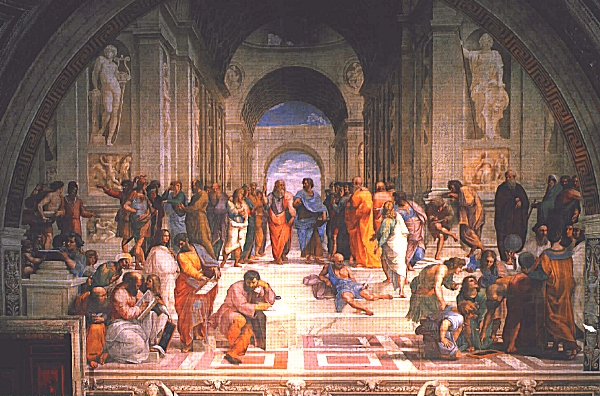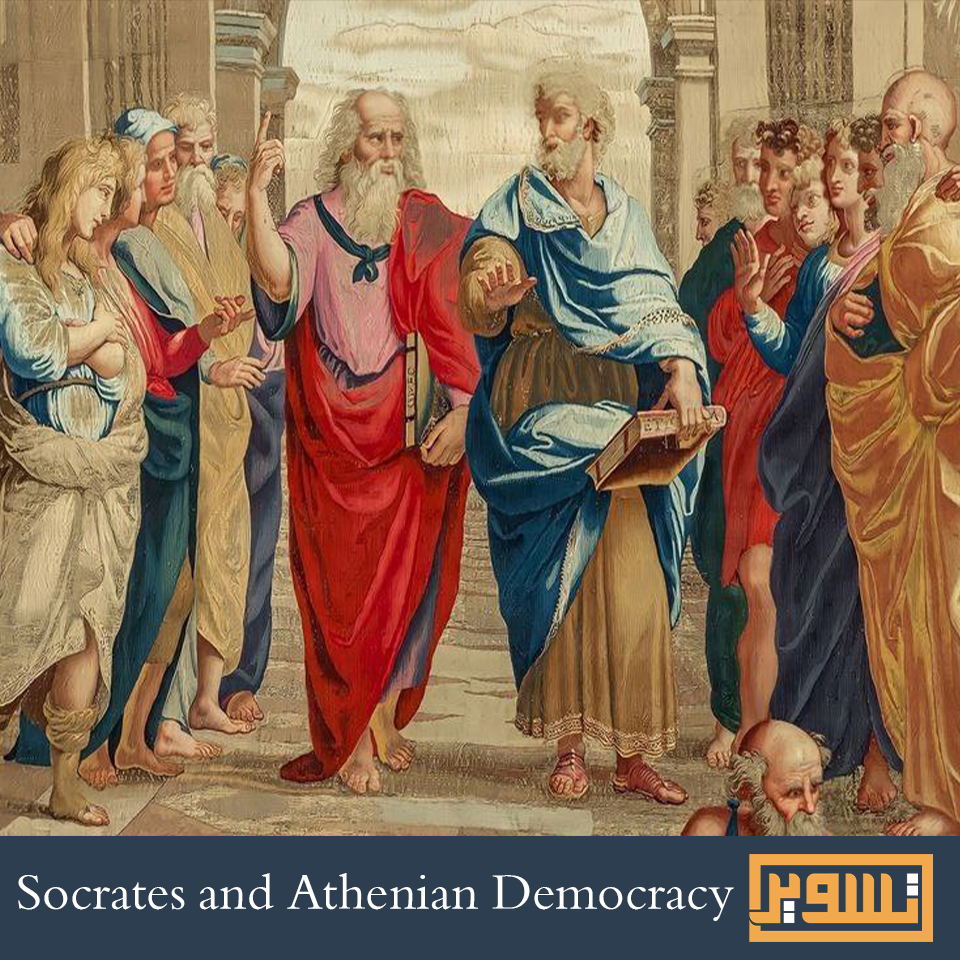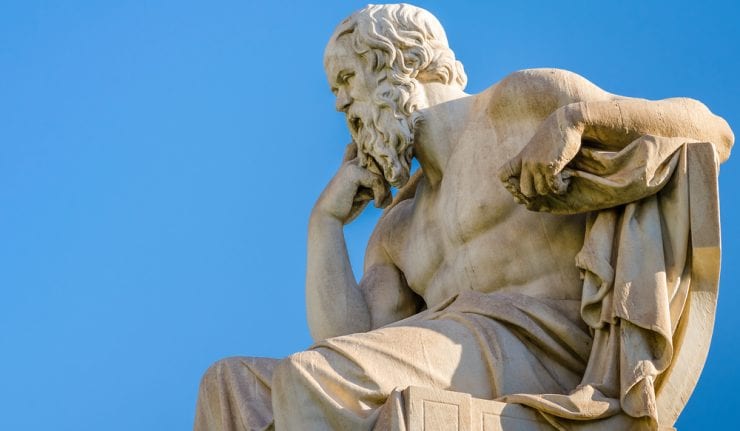The common interpretation of “corrupting the youth” is that he taught people to question authority. His entire goal in dialectical discussion (what he does in all of Xenophon and Plato’s dialogs) was to expose the authoritative and orthodoxy views of philosophers of the day as being wrong.
Socrates
CORRUPTING THE YOUTH: XENOPHON AND PLATO ON SOCRATES AND ALCIBIADES Introduction Socrates’ most famous student is undoubtedly Plato, but such was likely not the case during Socrates’ lifetime, or at least in the time around his death.

Source Image: sculpo-deco.com
Download Image
Corrupting the Youth of Athens . Finally, by corrupting the young, Socrates was accused of encouraging his students down the path he had chosen—in particular, the one that led him into trouble with the radical democracy of the time, Socrates believed that the ballot box was a stupid way to elect representatives. Xenophon explains:

Source Image: youtube.com
Download Image
Socrates and Athenian democracy – تسوير 399 BC The Trial of Socrates. In the year 399 BC, seventy years after he was born, Socrates was brought before the Athenian court on charges of impiety and corrupting the city’s youth. His

Source Image: instagram.com
Download Image
How Did Socrates Corrupt The Youth Of Athens
399 BC The Trial of Socrates. In the year 399 BC, seventy years after he was born, Socrates was brought before the Athenian court on charges of impiety and corrupting the city’s youth. His Socrates – Athenian Democracy, Philosophy, Trial: The year in which Socrates was prosecuted, 399, was one in which several other prominent figures were brought to trial in Athens on the charge of impiety. That is unlikely to have been a coincidence; rather, it suggests that there was, at the time, a sense of anxiety about the dangers of religious unorthodoxy and about the political
The Writer’s Block on Instagram: “In 399 BC, Socrates was accused of corrupting the minds of the youth of Athens, and for ‘asebeia,’ meaning to worship false gods. He was found guilty
Socrates reminds the court that they accuse him of corrupting the minds of the young and of believing in supernatural phenomena of his own invention rather than in the gods of the state. What did Socrates teach that supposedly corrupted the youth of Greece? – Quora
Source Image: quora.com
Download Image
12 Top Risks Of Socrates Picture | Socrates Picture https://ift.tt/2kFhbvf | Socrates, Socrates philosophy, Philosophy Socrates reminds the court that they accuse him of corrupting the minds of the young and of believing in supernatural phenomena of his own invention rather than in the gods of the state.

Source Image: pinterest.com
Download Image
Socrates The common interpretation of “corrupting the youth” is that he taught people to question authority. His entire goal in dialectical discussion (what he does in all of Xenophon and Plato’s dialogs) was to expose the authoritative and orthodoxy views of philosophers of the day as being wrong.

Source Image: qcc.cuny.edu
Download Image
Socrates and Athenian democracy – تسوير Corrupting the Youth of Athens . Finally, by corrupting the young, Socrates was accused of encouraging his students down the path he had chosen—in particular, the one that led him into trouble with the radical democracy of the time, Socrates believed that the ballot box was a stupid way to elect representatives. Xenophon explains:

Source Image: tswerplat.com
Download Image
Why Socrates Hated Democracy – Nspirement The Apology of Socrates (Greek: Ἀπολογία Σωκράτους, Apología Sokrátous; Latin: Apologia Socratis), written by Plato, is a Socratic dialogue of the speech of legal self-defence which Socrates (469-399 BC) spoke at his trial for impiety and corruption in 399 BC.. Specifically, the Apology of Socrates is a defence against the charges of “corrupting the youth” and “not

Source Image: nspirement.com
Download Image
Socrates – Corrupting the youth since the 5th century b.c.e.” Art Print for Sale by The-Nerd-Shirt | Redbubble 399 BC The Trial of Socrates. In the year 399 BC, seventy years after he was born, Socrates was brought before the Athenian court on charges of impiety and corrupting the city’s youth. His

Source Image: redbubble.com
Download Image
From the cup to the lips: the Death of Socrates in 399 BC | Athens Insider Socrates – Athenian Democracy, Philosophy, Trial: The year in which Socrates was prosecuted, 399, was one in which several other prominent figures were brought to trial in Athens on the charge of impiety. That is unlikely to have been a coincidence; rather, it suggests that there was, at the time, a sense of anxiety about the dangers of religious unorthodoxy and about the political

Source Image: athensinsider.com
Download Image
12 Top Risks Of Socrates Picture | Socrates Picture https://ift.tt/2kFhbvf | Socrates, Socrates philosophy, Philosophy
From the cup to the lips: the Death of Socrates in 399 BC | Athens Insider CORRUPTING THE YOUTH: XENOPHON AND PLATO ON SOCRATES AND ALCIBIADES Introduction Socrates’ most famous student is undoubtedly Plato, but such was likely not the case during Socrates’ lifetime, or at least in the time around his death.
Socrates and Athenian democracy – تسوير Socrates – Corrupting the youth since the 5th century b.c.e.” Art Print for Sale by The-Nerd-Shirt | Redbubble The Apology of Socrates (Greek: Ἀπολογία Σωκράτους, Apología Sokrátous; Latin: Apologia Socratis), written by Plato, is a Socratic dialogue of the speech of legal self-defence which Socrates (469-399 BC) spoke at his trial for impiety and corruption in 399 BC.. Specifically, the Apology of Socrates is a defence against the charges of “corrupting the youth” and “not